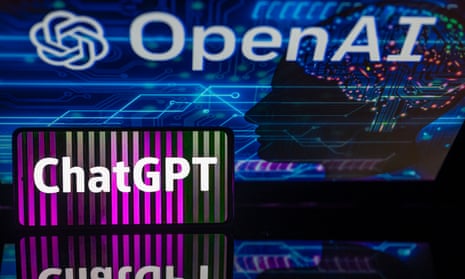Microsoft’s UK chief executive, Darren Hardman, has voiced concerns that many British organizations are lagging in their implementation of artificial intelligence. According to Hardman, numerous private and public sector entities are “stuck in neutral,” lacking a concrete AI strategy.

A recent Microsoft survey of nearly 1,500 senior leaders and 1,440 employees in the UK paints a picture of uncertainty. The findings indicate that over half of the executives surveyed admit to having no official AI plan within their organizations. Furthermore, a similar percentage reported an increasing productivity gap between employees who utilize AI tools and those who do not.
Hardman explained that many organizations appear to be lingering in the experimentation phase, rather than actively deploying AI solutions. Microsoft, a major investor in OpenAI, the creator of ChatGPT, is actively promoting AI’s integration into the workplace. They are focusing on autonomous AI agents designed to perform tasks without direct human intervention. McKinsey, a well-known consulting firm, is an early adopter of Microsoft’s Copilot Studio product, which deploys such bots for various tasks, including scheduling. The company is using agents to carry out tasks such as scheduling meetings with prospective clients.
The Tony Blair Institute, a thinktank, has estimated that AI could potentially displace up to 3 million jobs in the UK. However, they anticipate a net loss of jobs in the lower hundreds of thousands due to the creation of new roles as the technology develops. Hardman, in an interview with The Guardian, suggested that AI agents will alleviate the “digital drudgery” associated with some jobs. This change, he believes, will allow employees to concentrate on more creative aspects of their roles. He pointed to the retail sector’s transformation with the advent of the internet as a parallel. Roles such as data analysts, web designers, and social media managers emerged as a result of the internet’s disruption, and Hardman envisions a similar transformation with the agency of AI.
Hardman also addressed proposed reforms to UK copyright law, which have faced strong opposition from the creative industries. He believes these reforms, which would permit tech companies to use copyrighted work without permission for training AI models, would stimulate wider economic growth. These reforms would, he stated, bring clarity to the situation and support continued AI development in the UK. Critics of the proposals claim they represent a substantial transfer of wealth from the creative industries to the technology sector.
In related news, Bernard Looney, the former chief executive of BP, has taken on the role of chair at ExpectAI, a UK technology startup. Looney stepped down from BP in 2023 after acknowledging that he had failed to fully disclose personal relationships with colleagues. His appointment aims to help accelerate ExpectAI’s expansion; the company uses data to help small and medium-sized businesses reduce costs and lower their carbon emissions.


